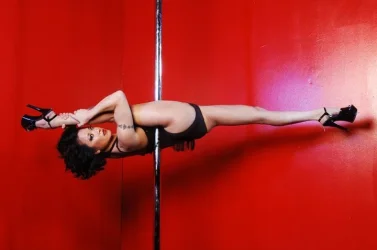Police have a really tough job. Because a lot of what they do requires them to arrest people. So a lot of they people that most of us would punch are the same people that police after to try to arrest so that the person can be tried in the court of law. Because of the role and responsibility that they have, they shouldn't play the role of , jury, judge, and executioner unless it's necessary to ensure their safety or the safety of others.I don't mean to cherry pick your post, but there are exceptions to one thing. In police work, at least all the police work I've been involved in, you try your damnedest not to hurt the person you're arresting or trying to separate from others.
Sometimes you might want to smack the crap out of them, but you just can't.
The responsibility that the police should live up to plays an important role in keeping peace and greatly reduces the desire for citizens to feel like they have to "get back at someone." Not an easy job by any means.
I wouldn't ask a ballet class about their ballet techniques for fighting. I would based my questions on what they train. So my question would be, what the best technique for jumping, certain ballet moves, and maybe flexibility, since they have no shortage of that.Ok but you could compare that to a ballet class.
People who train to fight talk differently than those who train for zen. We don't even talk in the same tone. We don't even have the same focus. Your gym focuses on fighting. Their school focuses on the development of the mind and spirit. The only development of the mind that fighters deal with is the fear and anxiety that often comes with the reality of strikes. Learning how to calm the mind, read the punch, block cover, good head movement. That stuff doesn't come up in classes that focus on health and spiritual development.

